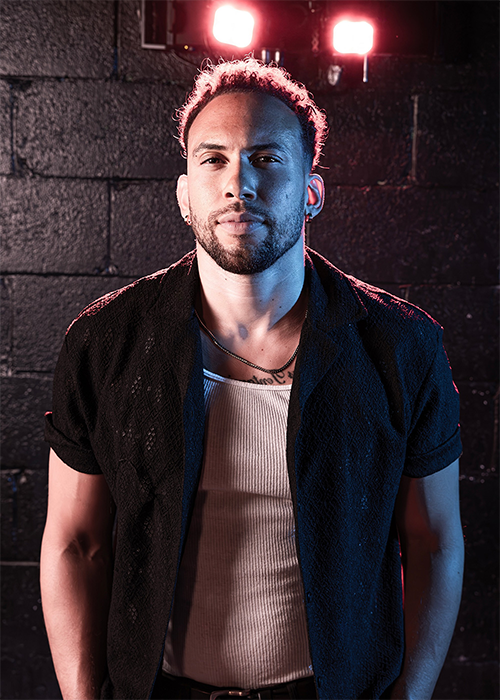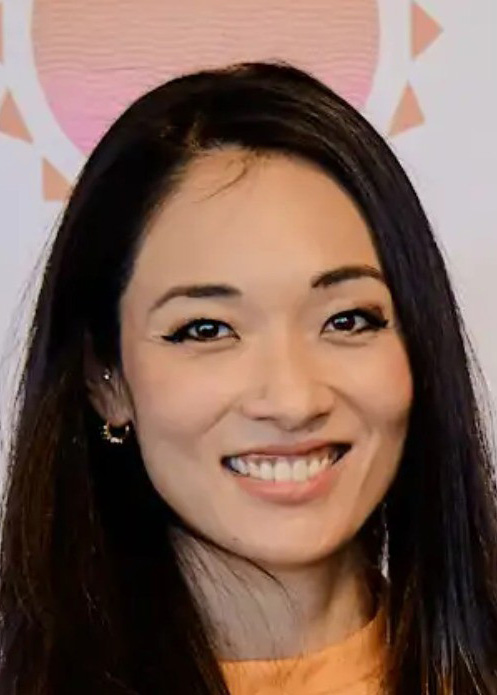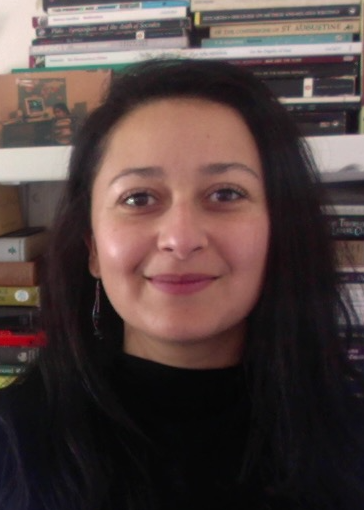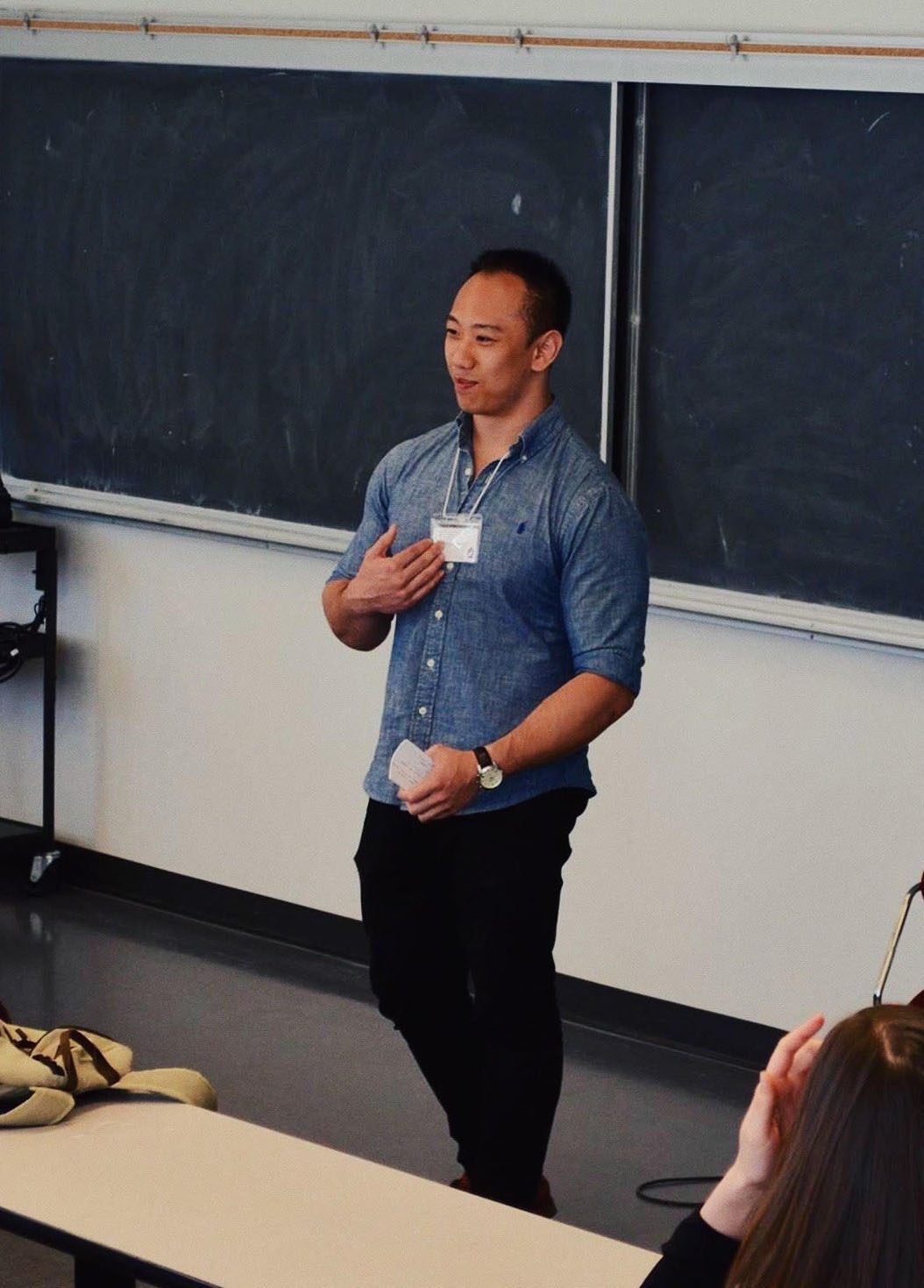David Michael Fonseca
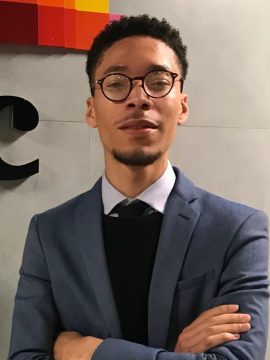
Why did you choose your program at UBC and what did you enjoy most about it?
I always had a knack for world history, political theory, and international affairs and the political science program at UBC offered all of those options.
What were some of your most meaningful experiences at UBC?
The best part of UBC is coming back right after the summer holidays. This is when BC’s diversity and beauty are out in full display. And this was when it was easier to meet new and old UBC students alike who seemed to represent both diversity and beauty in an effortless manner.
What choices did you make at UBC that contributed to your career success / journey?
The best choices I made at UBC were mistakes or a willingness to explore. I wouldn’t be here had I not made the dreaded mistake of not having checked how many credits I needed to graduate. That meant that I had to stay for a few months longer than expected. This emboldened me to explore and go for some of the most exciting courses that UBC had to offer like Portuguese, Brazilian literature and advanced French.
What was your first job after graduation and what other jobs did you have before your current position?
My first job post-UBC was as an assistant consultant at PwC’s management consulting wing in sunny Angola.
Is your current career path as you originally intended? What challenges did you face in launching your career?
I always assumed that I would end up as a journalist, in research, or actively involved in shaping foreign policy. Thankfully, I seriously considered those options and decided to take a leap of faith with a career that always keeps me active and on my toes.
What do you like about your current job and what do you find challenging? How does it relate to your degree?
There is never a dreary day with Management Consulting. The most challenging aspect of it is ensuring that I always keep up with change and the varied demands of vastly different clients. I believe that my political science degree at UBC prepared me for this career path as most courses deal with strategies that abstract from the individual level of analysis.
From your experience, what has been the value of having an Arts degree?
The most valuable aspect of it has been that it has helped me devise creative answers for difficult questions that I encounter.
Are there any other achievements or activities you would like to highlight?
After attaining a First Class degree at UBC, I was provided with two full-rides to the University of Oxford’s MPhil in International Relations programme.
What advice would you give to students and alumni interested in breaking into your industry?
Never settle for a career that keeps you within the bounds of the course that you are currently enrolled in. Be willing to take risks and use a series of freely available resources on the internet. Management consulting in Canada isn’t a novel concept. There are many freely available resources that one can access that can help you prepare yourself for that interview with PwC, McKinsey, or BCG.
What advice would you give your graduating self?
Do not be so hard on yourself or look back with the intent of punishing yourself for missed opportunities. Life will be riddled with little, medium-sized, or monumental mistakes which might define who you become. Never let that keep you from moving.
Youth is a gift that so few get to enjoy, so be willing to say ‘yes’ to the things that you would normally say no to and challenge yourself to constantly do better.
David Michael Fonseca



Why did you choose your program at UBC and what did you enjoy most about it?
I always had a knack for world history, political theory, and international affairs and the political science program at UBC offered all of those options.
What were some of your most meaningful experiences at UBC?
The best part of UBC is coming back right after the summer holidays. This is when BC’s diversity and beauty are out in full display. And this was when it was easier to meet new and old UBC students alike who seemed to represent both diversity and beauty in an effortless manner.
What choices did you make at UBC that contributed to your career success / journey?
The best choices I made at UBC were mistakes or a willingness to explore. I wouldn’t be here had I not made the dreaded mistake of not having checked how many credits I needed to graduate. That meant that I had to stay for a few months longer than expected. This emboldened me to explore and go for some of the most exciting courses that UBC had to offer like Portuguese, Brazilian literature and advanced French.
What was your first job after graduation and what other jobs did you have before your current position?
My first job post-UBC was as an assistant consultant at PwC’s management consulting wing in sunny Angola.
Is your current career path as you originally intended? What challenges did you face in launching your career?
I always assumed that I would end up as a journalist, in research, or actively involved in shaping foreign policy. Thankfully, I seriously considered those options and decided to take a leap of faith with a career that always keeps me active and on my toes.
What do you like about your current job and what do you find challenging? How does it relate to your degree?
There is never a dreary day with Management Consulting. The most challenging aspect of it is ensuring that I always keep up with change and the varied demands of vastly different clients. I believe that my political science degree at UBC prepared me for this career path as most courses deal with strategies that abstract from the individual level of analysis.
From your experience, what has been the value of having an Arts degree?
The most valuable aspect of it has been that it has helped me devise creative answers for difficult questions that I encounter.
Are there any other achievements or activities you would like to highlight?
After attaining a First Class degree at UBC, I was provided with two full-rides to the University of Oxford’s MPhil in International Relations programme.
What advice would you give to students and alumni interested in breaking into your industry?
Never settle for a career that keeps you within the bounds of the course that you are currently enrolled in. Be willing to take risks and use a series of freely available resources on the internet. Management consulting in Canada isn’t a novel concept. There are many freely available resources that one can access that can help you prepare yourself for that interview with PwC, McKinsey, or BCG.
What advice would you give your graduating self?
Do not be so hard on yourself or look back with the intent of punishing yourself for missed opportunities. Life will be riddled with little, medium-sized, or monumental mistakes which might define who you become. Never let that keep you from moving.
Youth is a gift that so few get to enjoy, so be willing to say ‘yes’ to the things that you would normally say no to and challenge yourself to constantly do better.
